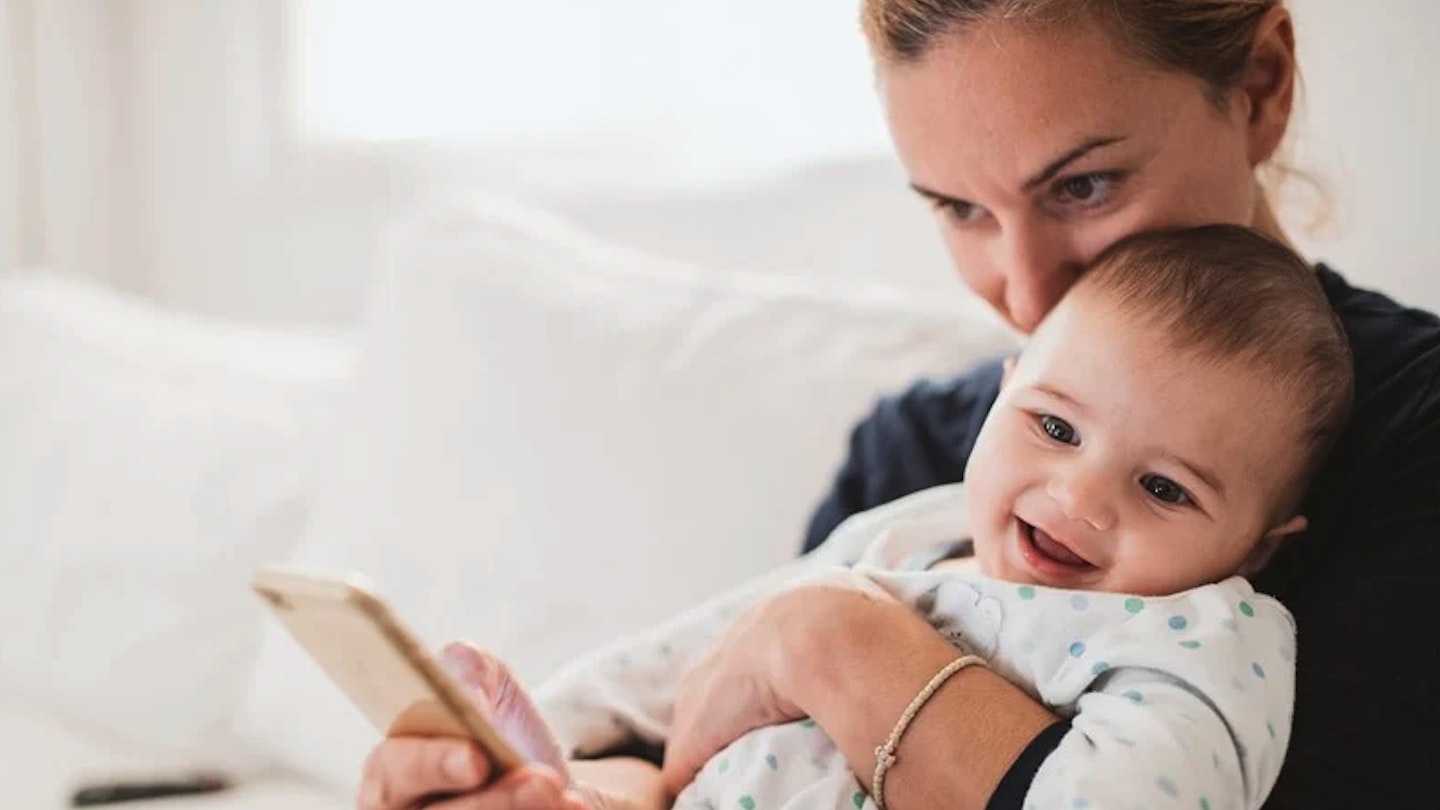Becoming a parent requires you to learn lots of new skills – from how to hold your baby to changing a nappy, there’s a lot to grasp. And no one expects you to have all the answers.
Which is why Google quickly becomes every new parent’s BFF...
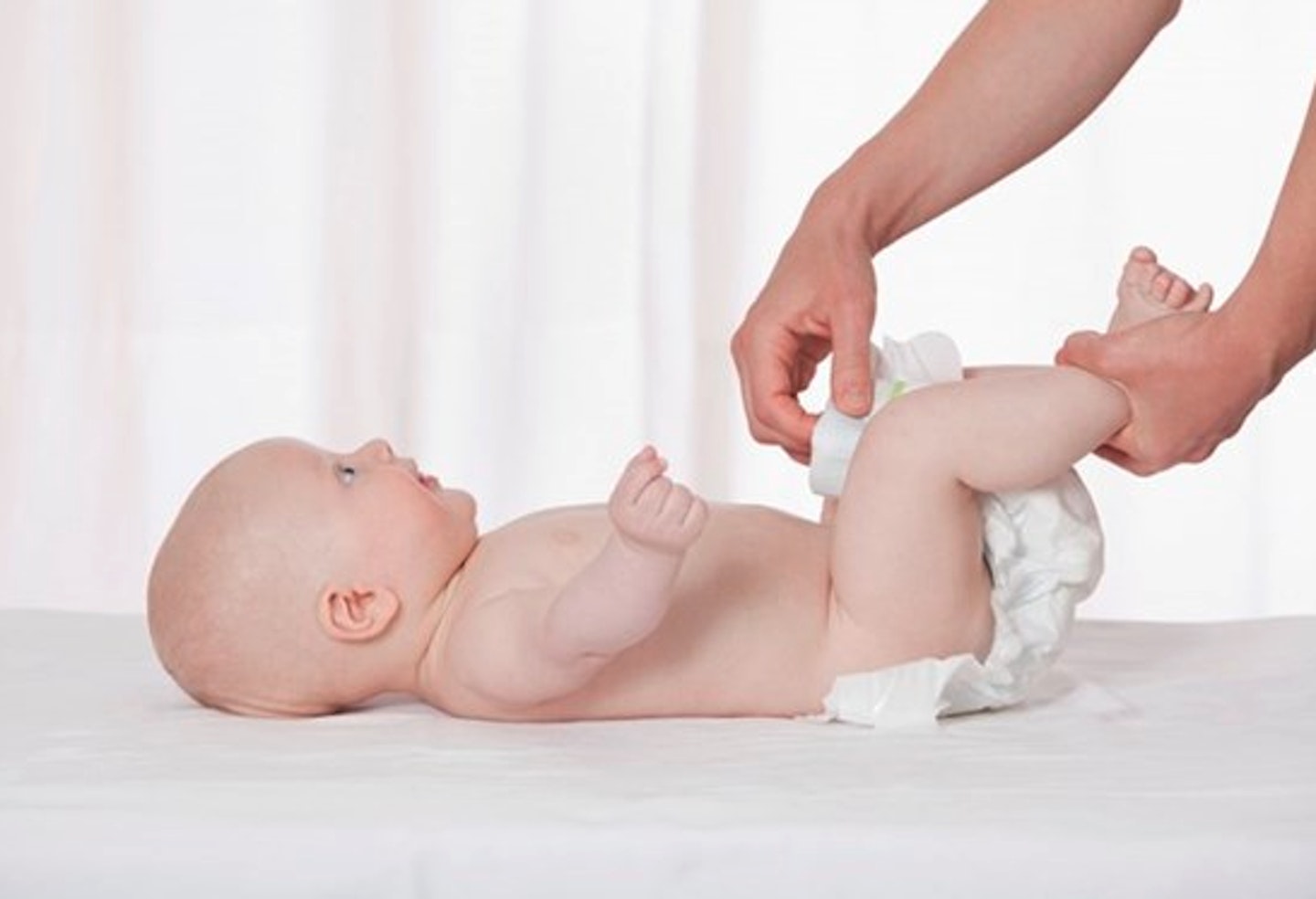 1 of 8
1 of 81) Why is my baby’s poo green?
You probably never thought you would be so obsessed with someone else’s poop – but here you are, googling it. Some baby formulas can make your baby’s poo dark green, particularly if you change from breast to formula feeding. But it you’re worried, give your GP a call for more advice.
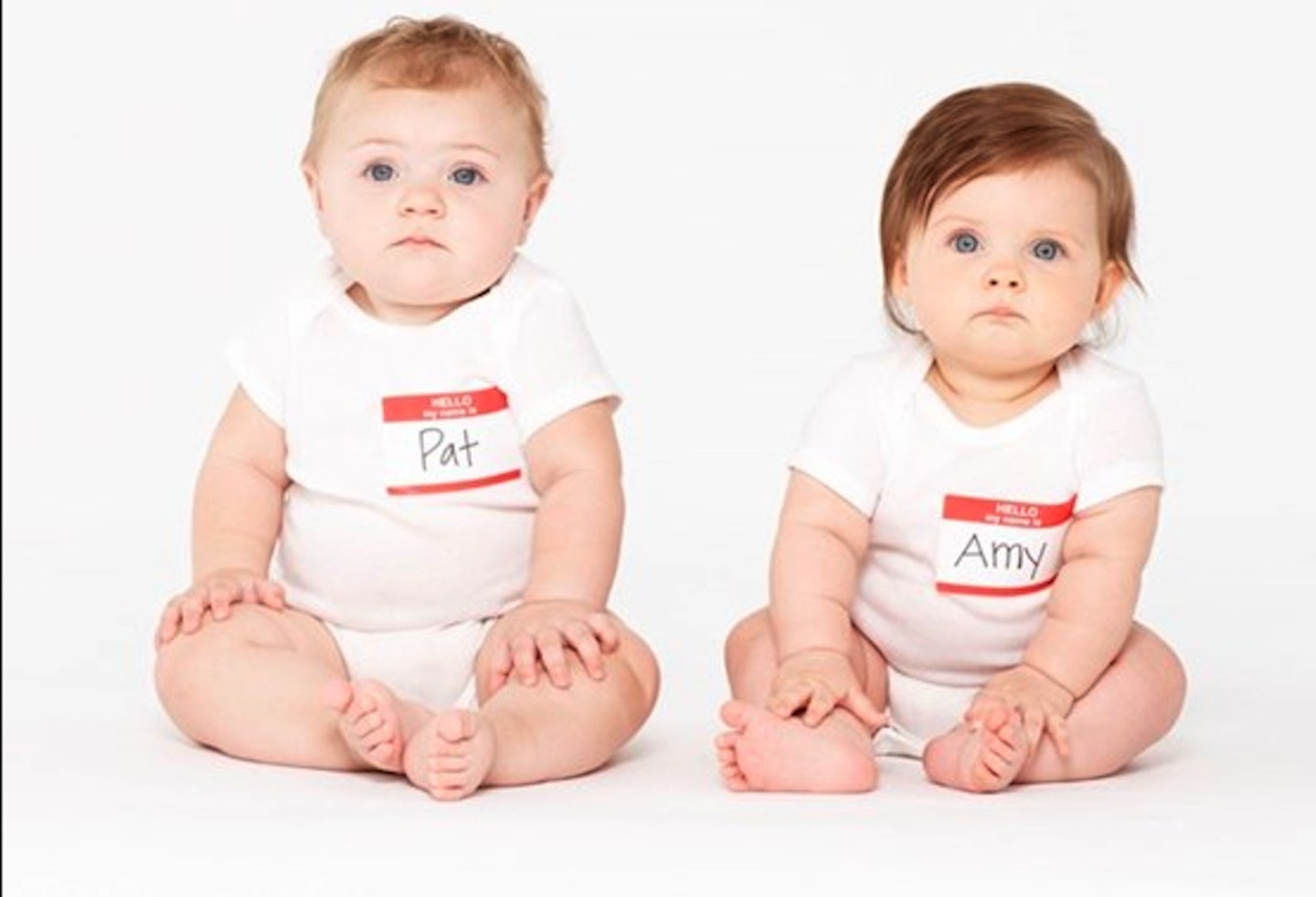 2 of 8
2 of 82) What does my baby’s name mean?
The Internet is bursting with websites telling you what your tot’s name means. In fact, you’ll probably stumble across lots of different meanings for her name. Take a look at our [baby names generator]{href='https://www.motherandbaby.com/baby-names/baby-name-generator' } for the history and origin behind thousands of names.
 3 of 8
3 of 83) When does my baby need shoes?
Your baby doesn’t actually need shoes until she’s walking around outside. When that time comes you should take her to a shoe shop to be properly measured, so she gets the right size. While baby shoes are ridiculously cute, until your little one is walking it’s actually better to let her be barefoot so her growing feet don’t get cramped.
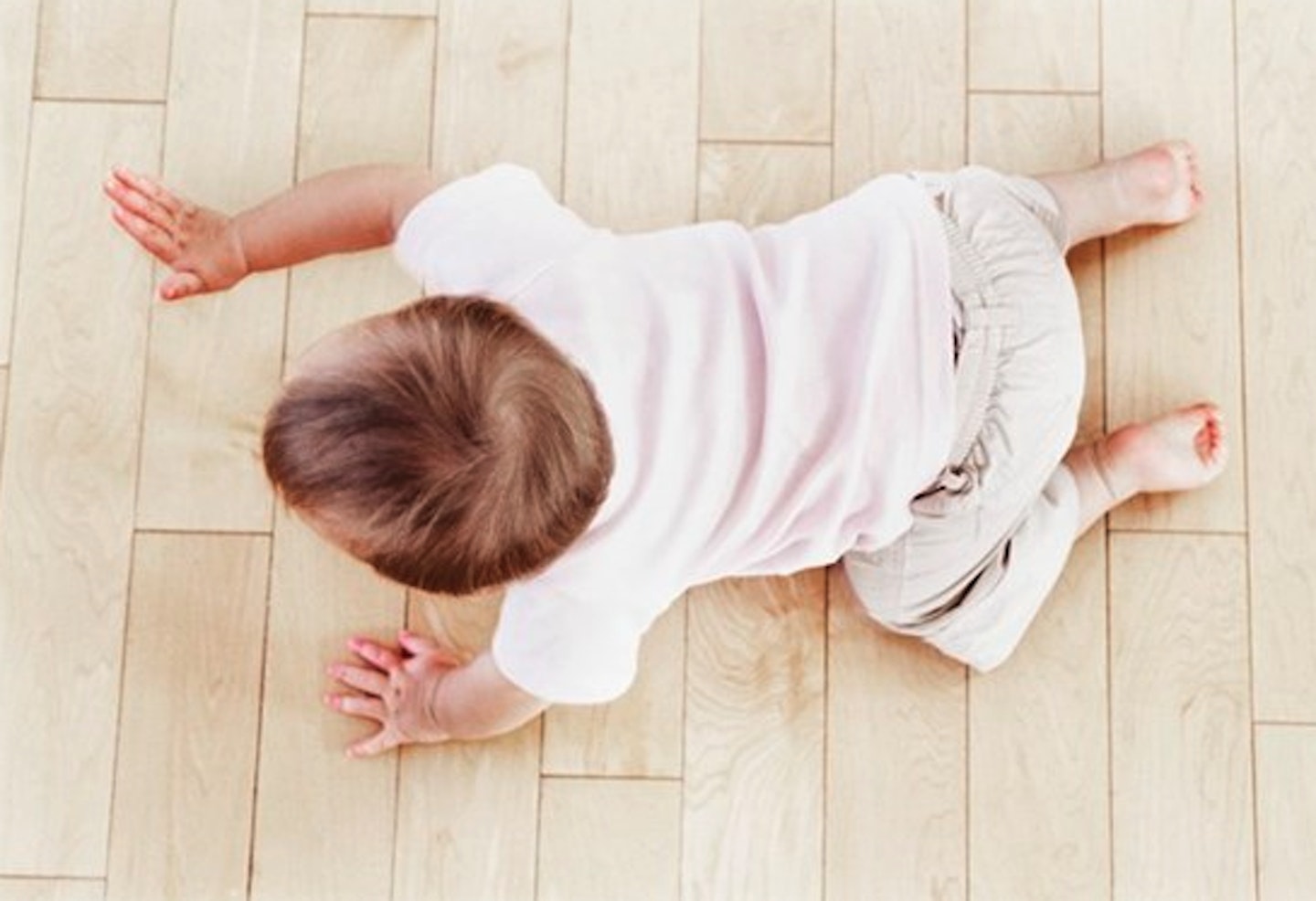 4 of 8
4 of 84) When will my baby crawl?
Starting to crawl is a big deal for your baby – and she’ll do it in her own time. Most babies are crawling around by the time they’re six months old, but it’s different with every child. If you’re worried your little one’s not developing as she should be, have a chat with your GP about your concerns.
 5 of 8
5 of 85) How do I make my baby sleep longer?
The million dollar question! While there’s no one magic answer, we’ve got lots of brilliant, and expert-approved tricksyou can try. It might be a case of adjusting your baby’s bedtime routine, putting up blackout blinds or introducing a different feeding pattern, but with a bit of trial and error you’ll eventually find the one that works for you.
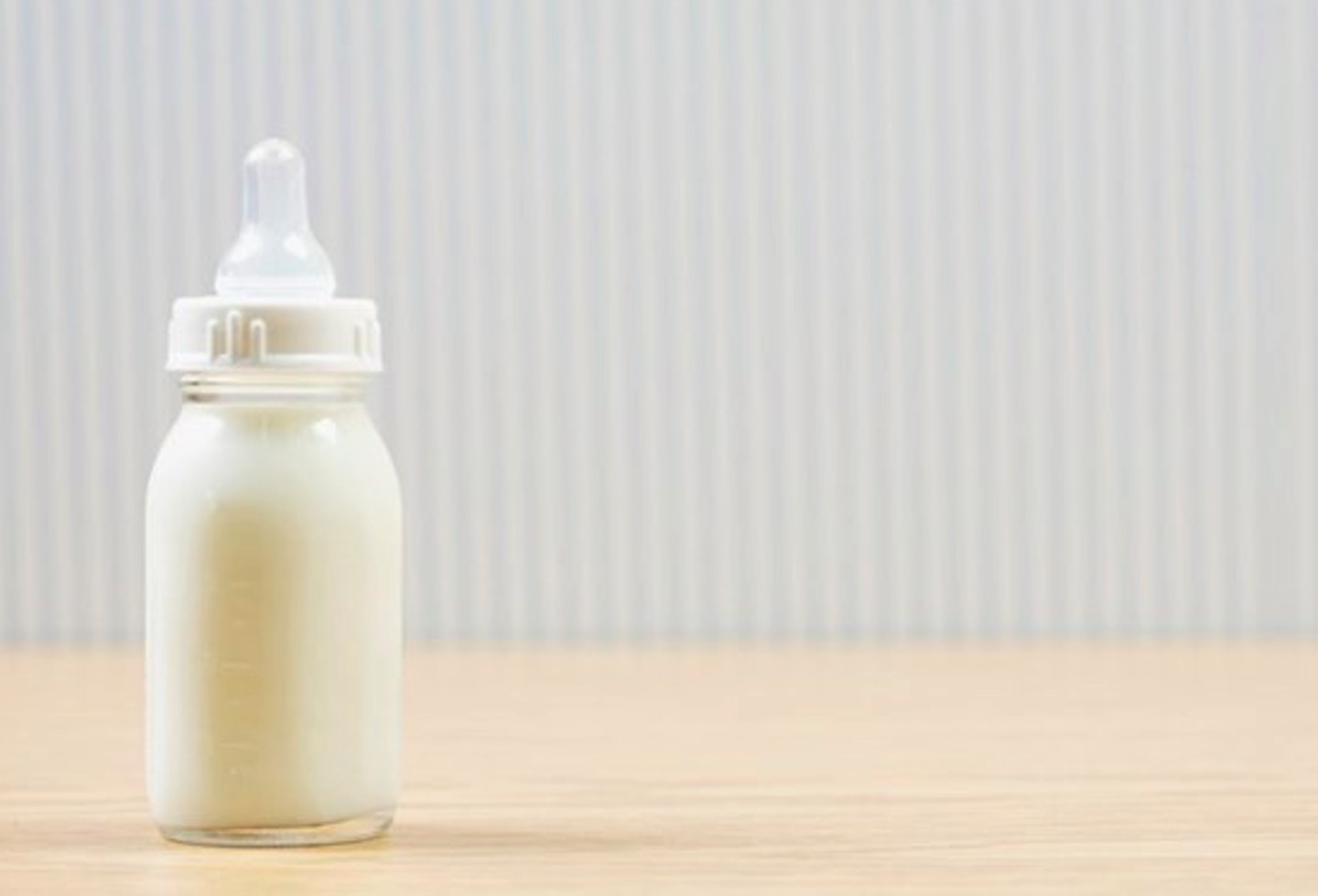 6 of 8
6 of 86) How much milk does a baby need?
This is something all mums most likely worry about. It can be difficult to figure out how much your baby needs as he grows, but our [quick guide]{href='https://www.motherandbaby.com/baby-and-toddler/baby/breastfeeding-and-bottle-feeding-help/how-much-milk-baby' }will let you know how much your little one should be having.
 7 of 8
7 of 87) When will my baby smile?
That first glimmer of a smile is incredible (even if its more of a gurn than a grin!). It tends to happen when a baby’s between six and eight weeks old. But don’t worry if it takes your tot a little longer – every baby develops at their own pace.
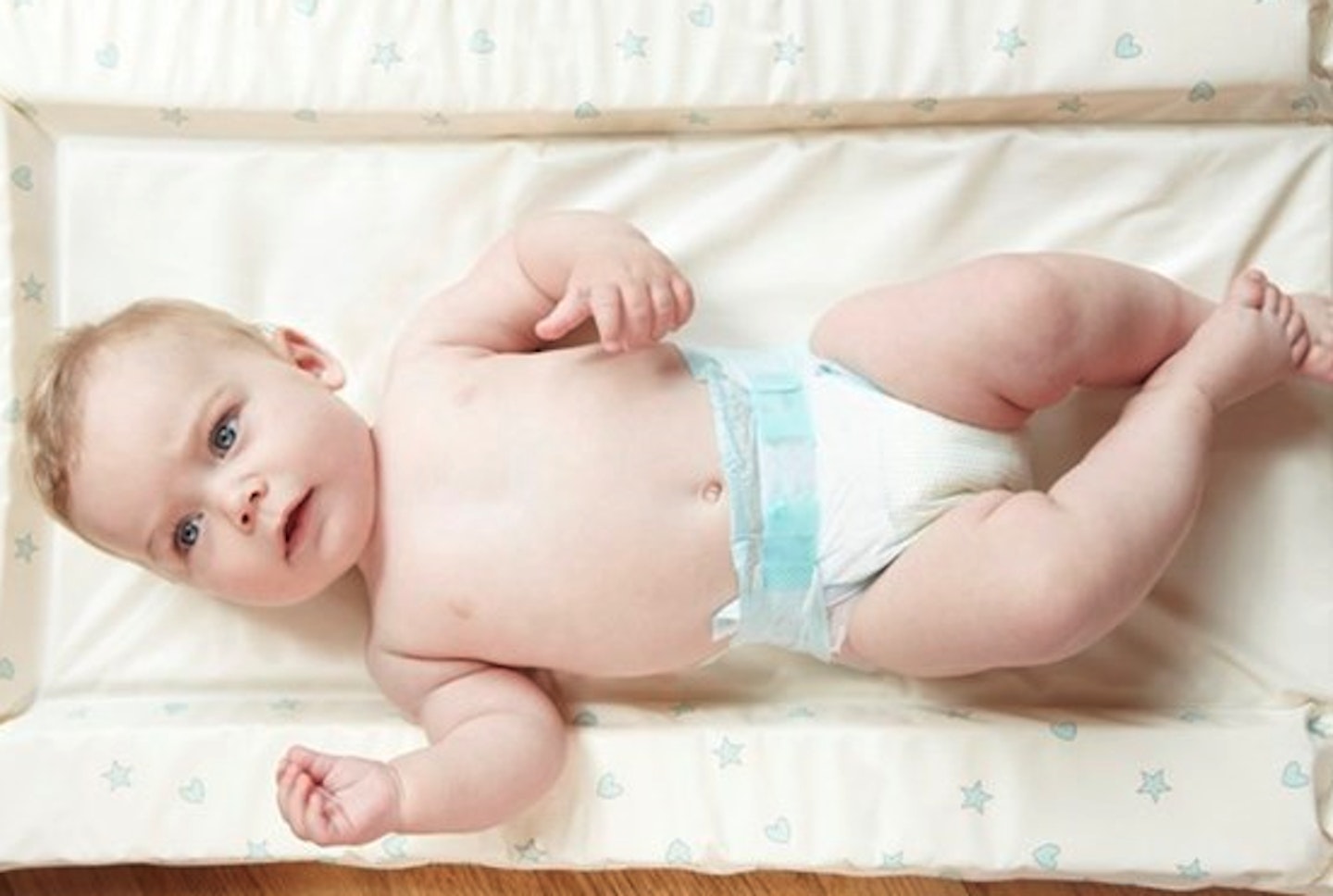 8 of 8
8 of 88) How do I change a nappy?
OK, so your first nappy change may not have gone quite to plan. But after a few attempts following our step-by-step guide, you’ll be a nappy-changing pro in no time. It’s not as hard as you may think, we promise.
